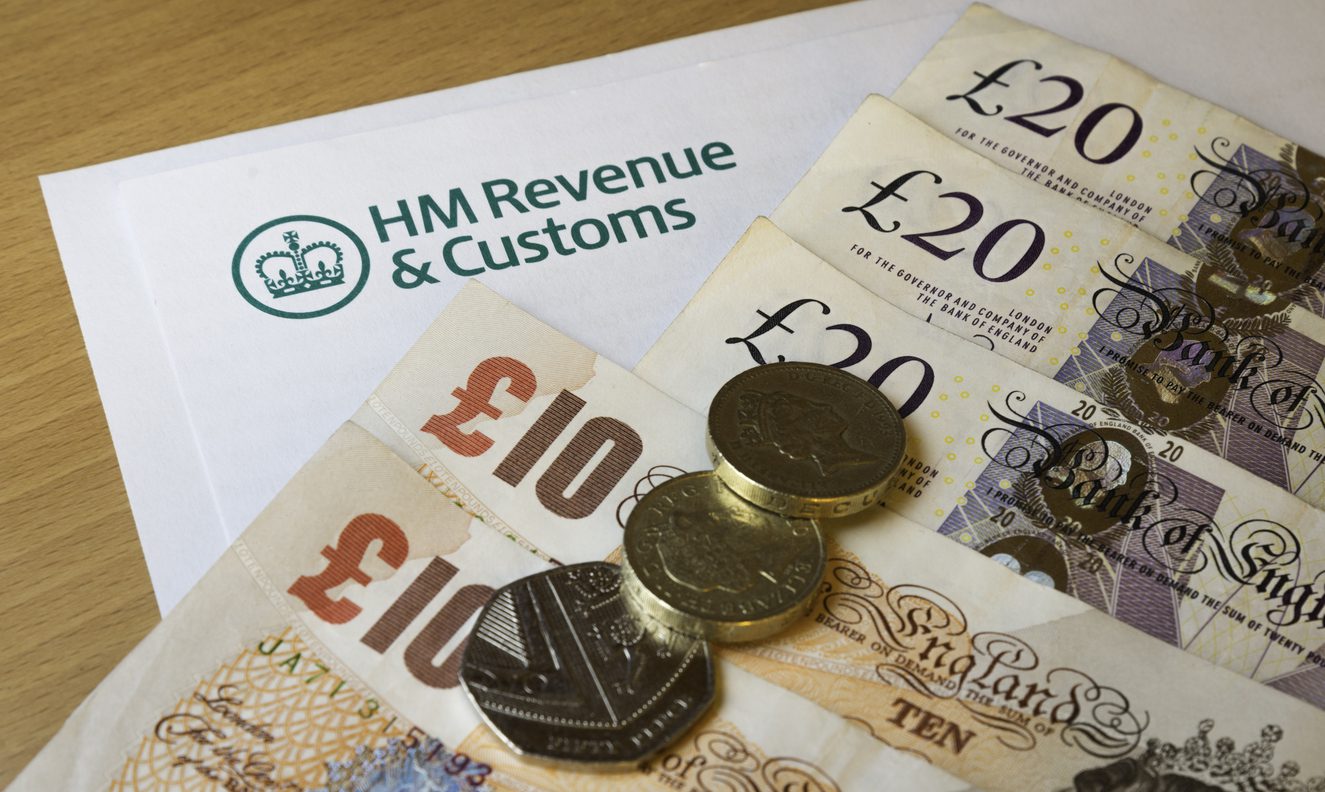For buy-to-let landlords, any income made on property investment in the 2019/2020 tax year must be declared by 28 February. However, interest will accrue from 1 February on outstanding liabilities.
In the UK, every self-employed person must complete a self-assessment tax return through HMRC. For property investors and buy-to-let landlords, these steps must be taken – whether it’s a sideline or your main employment.
The deadline for submitting self-assessment tax returns is 31 January each year. Late filing penalties apply to any returns filed after that date unless the tax filer has a reasonable excuse. HMRC has announced it is not issuing late filing penalties for individuals who file online by 28 February. However, interest will accrue from 1 February on any outstanding liabilities.
Jim Harra, HMRC’s chief executive, says: “We want to encourage as many people as possible to file their return on time, so we can calculate their tax bill and help them if they can’t pay it straight away.
“But we recognise the immense pressure that many people are facing in these unprecedented times and it has become increasingly clear that some people will not be able to file their return by 31 January.”
File tax return by 31 January, if you can
This announcement could benefit more than 3 million people who haven’t filed their self-assessment tax return yet. Although, the government is encouraging all individuals to file their return by 31 January if possible. Taxpayers are still obligated to pay owed tax by 31 January. However, individuals now have an extra month to submit their tax return before facing a late filing penalty.
Jim Harra states: “Not charging late filing penalties for late online tax returns submitted in February will give them the breathing space they need to complete and file their returns, without worrying about receiving a penalty.
“We can reasonably assume most of these people will have a valid reason for filing late, caused by the pandemic.”
Be aware of mortgage interest tax relief changes
It’s important to be aware of recent tax changes, especially those that have been rolled out to Section 24. In recent years, one of the biggest changes for buy-to-let landlords is the reduction of mortgage interest tax relief that can be claimed. The 2019/2020 tax year is the last year landlords can deduct mortgage interest from their income.
For the 2019/2020 tax year, landlords can deduct 25% of mortgage interest payments from their income and 75% is given as a basic rate tax reduction. During the 2020/2021 financial year, landlords and investors won’t be able to deduct any mortgage interest payment from their rental income. Instead, landlords have to pay income tax on their full amount of earnings. Then, they have the option to claim back 20% of their mortgage interest costs as a credit.
These changes may not affect the bottom lines of taxpayers in the basic rate bracket. However, those paying the higher rate could see a reduction in profits when taking mortgage payments into account. It will also depend on the level of borrowing for each individual.
Fill in your self-assessment tax return here.










